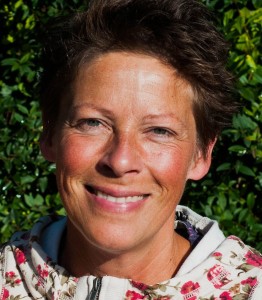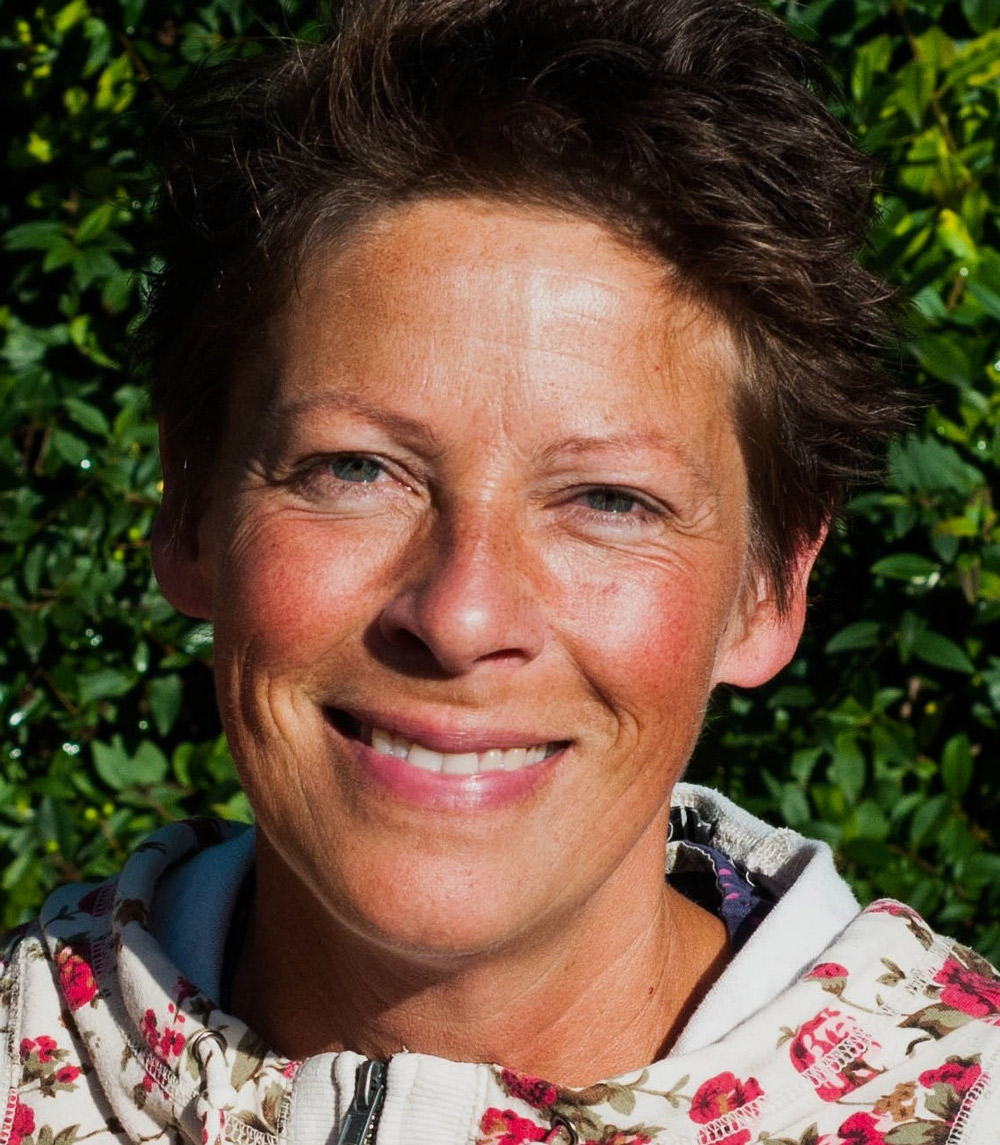Students at the Faculty of Science have improved in speaking, writing and understanding their subjects. This becomes clear in a recently published report.

Photo: Private
The students have been given a chance to develop their ability to communicate through the project Communication in Science Education, which was concluded last autumn. The background to the project is the variation in knowledge in communication at the different programmes, which is mainly reflected in the students’ exam papers.
“The programmes were missing a general structure when it comes to communication and an understanding for the importance of being able to express oneself well professionally, both written and orally”, says Susanne Pelger, who is an educational developer at the Faculty of Science.
“The teachers were of the opinion that something needed to be done for the students at the Mathematics, Physics, and Chemistry programmes, to name a few”, she says.
Requests competence
Research shows that general competencies, which include communication, is usually seen as low status, and many teachers consider it a time-stealing side track to the actual subject.
“At the same time, there is a demand for exactly this type of competence professionally. To be able to formulate and present one’s ideas and ‘sell’ them to the person on the street is something that a lot of companies find important”, Susanne Pelger explains.
Took a course
The project was started with 70 teachers, doctoral students and librarians from the Faculty of Science taking the educational course Communication in Science Education.
“The project was well received among teachers, and whatever doubts were had leading up to the project disappeared after the course. We also learnt that it was educational to put teachers from various subjects in the same room to collectively reach good solutions”, Susanne Pelger says.
After the course was completed, each and every teacher had to take their newfound knowledge back to the classrooms and implement it among the students. The math students, for example, got to organise their own lectures in front of the class, the students in zoology got to write Wikipedia articles, and a group of chemistry students held a debate for an audience of high school students.
Feedback is positive
Susanne Pelger also holds that there are several educational reasons to add peer feedback to the education.
“It is a positive thing for the students to receive feedback from more than one instance, and when you give someone feedback, you are forced to put into words what is good or bad, which leads to a deeper understanding of the subject. There are also other benefits, such as the social study environment improving, the work discipline being strengthened, and more students handing in their work on time”, Susanne Pelger says.
In the future, the idea is for the project to spread to more faculties at the University. The Faculty of Engineering has shown an interest and has chosen to test the project on the Computing and Electronics programmes.
Text: Sofia Fritze
Translation: Carl-William Ersgård






